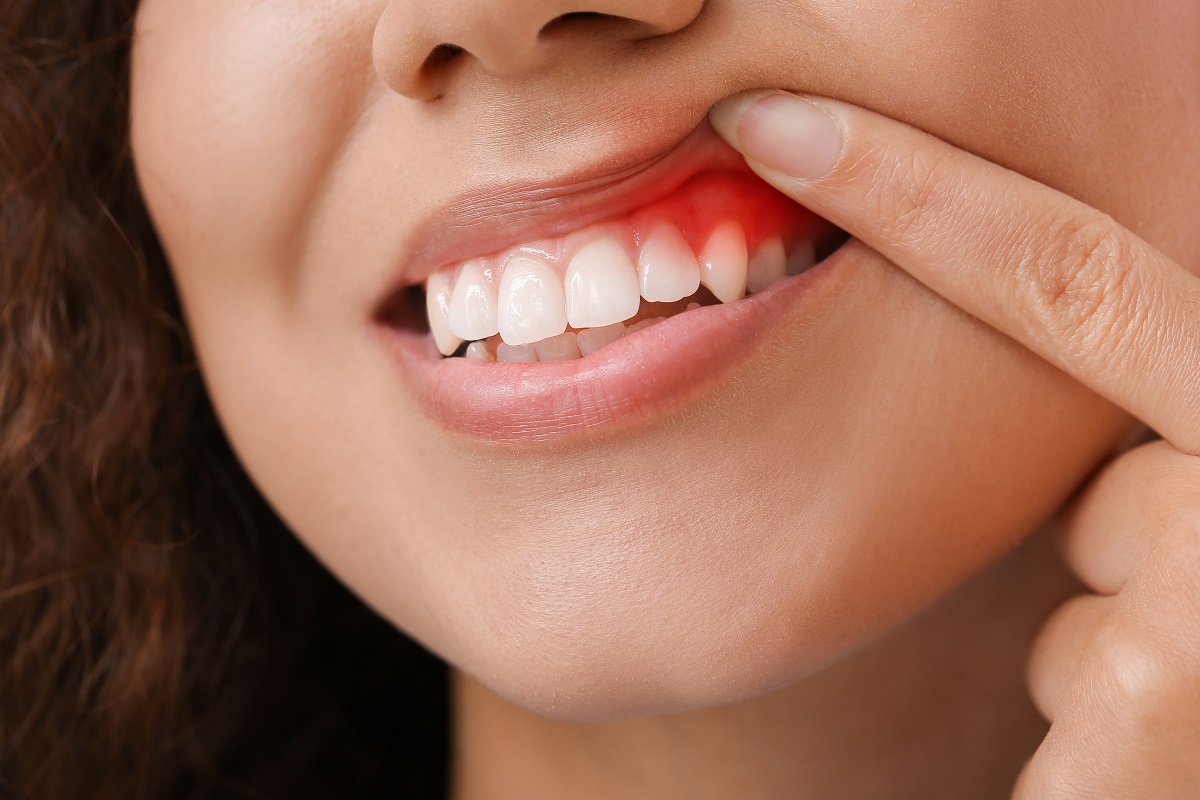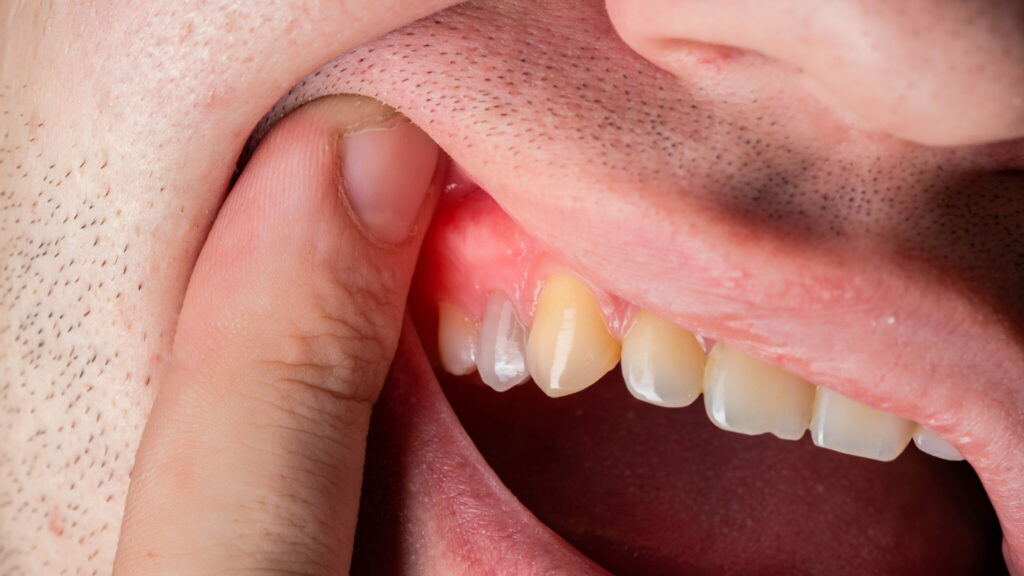Boosting Oral Health Recovery Through Quality Sleep
You’ve probably heard a yarn or two about the magic of a good night’s sleep for your overall well-being, aye? But did ya know that catching those Zs is also mint for your oral health? Yep, it’s not just about brushing and flossing; your kip plays a critical role in keeping your mouth healthy, especially when you’re on the mend from dental procedures or battling gum disease. So, let’s dive into why snoozing properly can be a game-changer for your pearly whites.
Sleep: Secret Role in Healing
First off, when you’re asleep, your body goes into full-on repair mode. This is when the tissues in your mouth, including your gums and the areas around your teeth, get a chance to heal and regenerate. Poor sleep, on the other hand, can slow down this process, making it harder for your mouth to bounce back from any damage or surgery.
The Immunity Boost
Getting a solid night’s kip is also crucial for keeping your immune system fighting fit. A robust immune response helps fend off infections in your mouth, including those pesky bacteria that cause gum disease and tooth decay. So, if you’re skimping on sleep, you’re not just tired – you’re also leaving your mouth more vulnerable to nasties.
Stress Reduction with Sleep
Ever felt a bit ragged after a bad night’s sleep? There’s a reason for that. Poor sleep ramps up your stress levels, which can lead to teeth grinding or clenching. This not only wears down your teeth but can also exacerbate conditions like TMJ disorder. Quality sleep helps keep stress in check, protecting your teeth from these unconscious nighttime habits.
Hormonal Harmony
Sleep plays a big role in regulating hormones that affect your oral health, too. For instance, poor sleep can lead to higher levels of cortisol, the stress hormone, which has been linked to gum disease. On the flip side, a good kip helps maintain a healthy balance of hormones that support your mouth’s natural healing processes.
The Magic of Saliva during Sleep
Ever thought about saliva as you drift off? Probably not, but you should! Saliva is your mouth’s first line of defence against tooth decay and gum disease, thanks to its ability to neutralize acids and wash away food particles and bacteria. Sleep affects saliva production, with your body producing less saliva when you’re asleep. However, a healthy sleep pattern ensures that this reduction doesn’t compromise your oral health, keeping your mouth’s natural defence system in tip-top shape.
Tips for a Top-Notch Sleep
So, how do you make sure you’re getting the kind of sleep that benefits your oral health? Here are a few suggestions:
- Stick to a regular sleep schedule to keep your body’s internal clock running smoothly.
- Create a restful environment in your bedroom – think cool, dark, and quiet.
- Wind down before bed with a relaxing routine. Avoid screens and anything too stimulating.
- Watch what you eat and drink in the evening, especially caffeine and heavy meals.
Wrapping It Up
Alright, it’s clear that there’s a strong link between getting enough kip and maintaining a healthy mouth, especially when it comes to recovery and fighting off diseases. It’s not just about the hours of sleep but the quality of it. So, if you’re looking after your oral health, don’t overlook the power of a good night’s rest. It might just be the secret ingredient you need for a healthier, happier smile.
Remember, your oral health is a big deal, and resting is a crucial part of keeping it in check. So, next time you think about skimping on sleep, consider what it means for your mouth. Nighty night, and here’s to waking up with not just a rested body but a healthier mouth, too!




